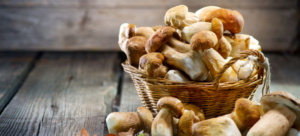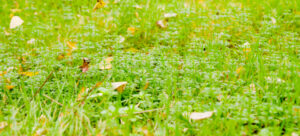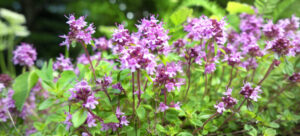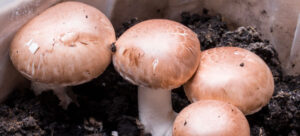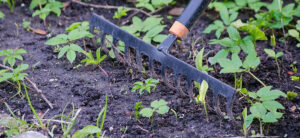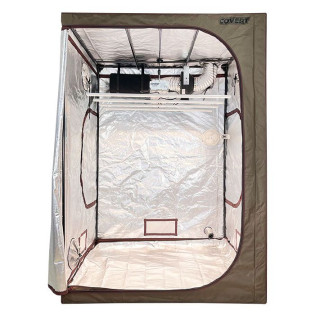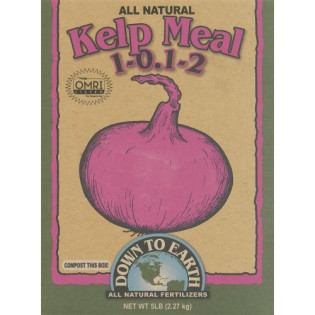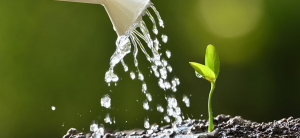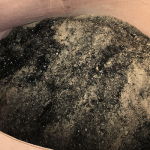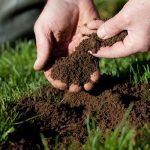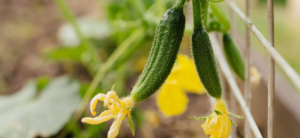
Learning how to winterize a garden, whether you're growing veggies, flowers, or fruits, will protect your plants between seasons.
This is an essential end-of-season task each fall, so you can pick up right back where you started as spring rolls around.
If you do this right, you're setting yourself up for a more successful following season than had you just let your plants fend for themselves when the cold starts coming.
When you’re learning how to winterize your garden, preparation and good planning are key.
It may help to have a checklist of “to-do’s” on hand so that you don’t find yourself falling behind as the snow begins to fly.
Whether you’re interested in learning how to winterize a vegetable garden or you’d like to learn more about winterizing raised garden beds, this article will tell you everything you need to know.
How Do I Prepare My Garden For Winter?
There are a few ways you can prepare your garden for winter. If you have the space to do it, you may want to consider just bringing your most sensitive plants indoors.
Bringing Plants Indoors For The Winter
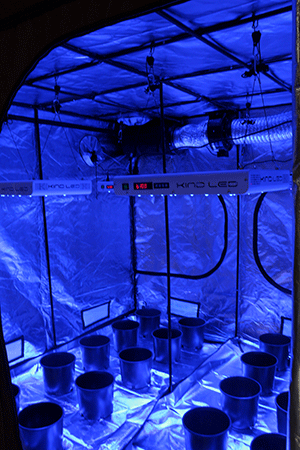
Obviously, this isn't an option for your plants that grow directly in the ground, or in a raised garden bed.
But if you're growing in containers, and your plants are easily moveable, taking them into your garage or even a spare bedroom is a great way to keep growing your plants inside.
For starters, check out our complete guide on indoor growing. Then, consider investing in a complete grow tent kit.
These have everything you need to start cultivating your plants indoors, while containing the mess of your plants protecting your home. Including a grow tent, grow lighting system, ventilation system, and more, you won't miss a beat due to the changing of seasons.
We have options for those who want to grow in a closet, and options for those who want to fill their garage with a huge tent. No matter what type of gardener you are, we can get you setup with an indoor growing package that fits your needs.
If you're looking for specific recommendations, our review of the top tent packages is a great resource.
What Does It Mean To Winterize Your Garden?
Winterizing the garden is a method of proactively protecting and caring for the garden so that winter’s harsh temperatures and weather conditions don’t completely decimate your landscape.
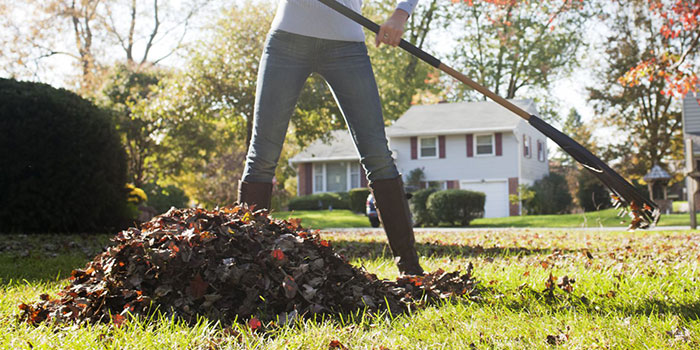
It might refer to bringing plants indoors for the winter like we just mentioned, or it might be as simple as removing garden weeds, laying down a thick layer of mulch so that your plants are always protected from fluctuating temperatures, etc.
A gardener’s work is never done - and while winterizing your garden might sound like a hefty task, it can be quite simple to carry out as long as you have a clear idea of what needs to be done.
Winterizing the garden also refers to the tasks you need to do so your garden can be healthy next spring.
This might include things like making general repairs to your gardening tools and storing them to clean out your gardening shed. Make sure you add these items to your winterizing checklist, too!
Do You Need To Winterize Your Garden?
It depends on what your goals might be. In most cases, vegetable gardens don’t need any winterization besides a quick clean-up.
You might just pop a cold frame over plants you wish to continue growing during the winter, like radishes or lettuce.

For perennial beds, it gets a bit murkier. Certain plants, like shrubs and roses, require winterization and winter protection in order to get through the colder months - in that case, following the steps for winterizing the garden as described below will be essential.
Of course, if you live in an area that does not experience a harsh winter - one that includes heavy snowfall, hard freezes, and frosts - you might not need to winterize the garden at all.
For example, those who live on the west coast, particular areas like California, Arizona, Nevada, don't necessarily need to do a whole lot to prepare for winter. However, if you're in the midwest where below freezing temperatures are routine, yes, you'll need to winterize your plants!
When Should I Winterize My Garden?
The most ideal time to start winterizing the garden is either right before or just after the first hard freeze in the fall.
A hard freeze is defined as the time in which the temperature falls below freezing overnight and stays there for several hours, killing off tender plants.

The reason why it might be either just before or just after is that it depends on what kind of garden you are winterizing.
For vegetable gardens that have run their course for the year, winterizing will likely be easier after the frost.
It will be easier for you to pull out dead plants and to clean up the area without being encumbered by plants that are still growing.
For other tasks of winterization, like planting bulbs, you may want to start just before the frost so the ground is easier to dig into.
How To Winterize A Garden - Step By Step Guide
Ready to start winterizing the garden? Here are the steps you should follow to get the job done right.
Clean Out Dead Plant Matter
This is by far the least enjoyable task that you’ll need to complete as part of your winterizing checklist - but it’s essential.
Begin by cleaning out your garden and removing everything from weeds to plant parts, fallen leaves, or even any fruits that may be left behind.
This is essential when it comes to improving the appearance of your garden, but is also necessary to stop pests and disease from overwintering. Some people wait until spring to do this, but that’s not the best choice.
Not only does it increase the likelihood of pests and diseases colonizing, but it can also be more challenging to remove them after a long winter.
The exception to this is if you have perennials that offer winter interest. You don’t need to pull these - instead, let them die back naturally, or if you do cut, leave at least six inches of leaves and stems to offer some winter protection.
Protect Your Garden Beds
Any raised beds also need to be protected, especially those that are new and are still getting established.
The first season is the most important one, especially for perennials. Consider adding a garden cloche to protect your plants from harsh winter weather.
You don’t need to cover vegetable beds, though, particularly if there is nothing planted in them.
Plant Bulbs
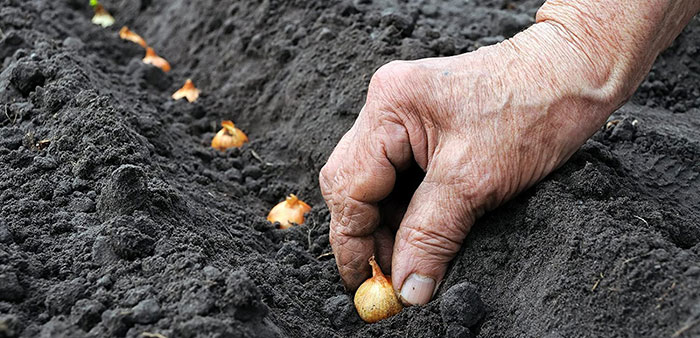
Many bulbs can be planted in the spring, but there are some that do best when planted in the fall.
Not only will it allow you to get the bulbs into the ground before the soil freezes but it will also often provide you with an early flowering of the plant in the spring.
Give One Last Watering
Your plants probably won’t need to be watered once the temperature drops, so you’ll need to empty and store your hoses, rain barrels, and other watering supplies so they don’t crack.
However, before you drain these items and stash these away for the winter, give your plants one last drink.
The ideal time for the last watering is about a week before the first hard freeze. Read our complete guide on how to water plants if you're not sure how to get this done.
Cover or Remove Tender Trees and Perennials
You may wish to cover tender plants like shrubs, trees, and rose bushes. Using fleece jackets, burlap, landscape fabric, or even large cardboard boxes will be effective.
Some plants are so sensitive, though, that you will need to dig them and bring them indoors for the winter.
Some examples include dahlias and cannas, which have sensitive tubers and bulbs.
Add A Thick Layer Of Mulch
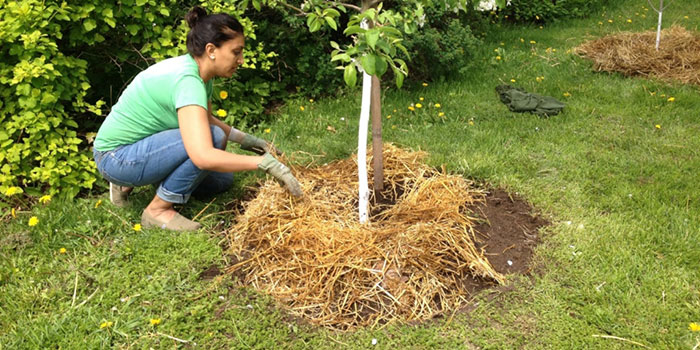
Last but not least, it’s time to add a thick layer of mulch.
Mulch will not only add organic matter to the soil but it will deter weeds from appearing early in the spring and can insulate the plants.
Try to add mulch (ideally about four or five inches deep) before the worst of the cold temperatures roll in!
Final Thoughts On How To Winterize A Garden
Now that you know how to winterize a garden, you’re on the way to a successful gardening season.
A good garden is made in the fall and winter - not in the spring! While your efforts of starting seeds, tilling the soil, and engaging in other planting tasks in the spring and summer months are important, you won’t be able to have a healthy harvest if you don’t take the time to winterize the garden before the frost sets in.
We also have a guide on how to protect your plants from frost, if you are going to keep them outdoors and attempt to upkeep them through the winter, this is a must read.
We also have a guide on protecting your plants from the elements year round - things such as wind, heat, storms, and more - which is a great read itself.
Follow these tips to winterize the garden - and shop for everything you need, from row covers to mulch, by browsing Hydrobuidler. We have everything you need for a successful clean-up.
